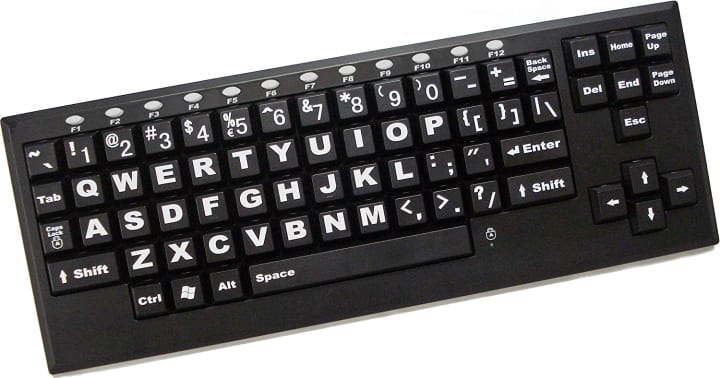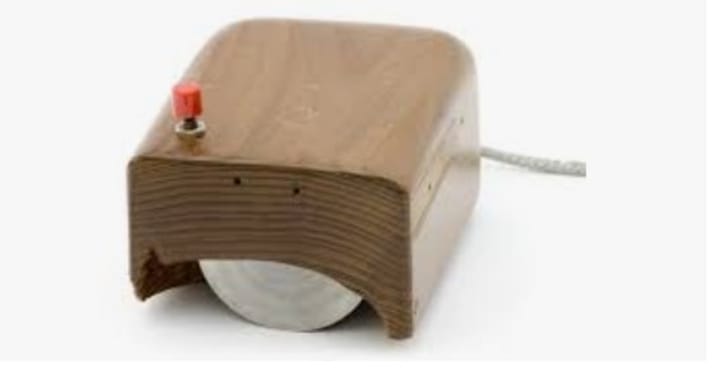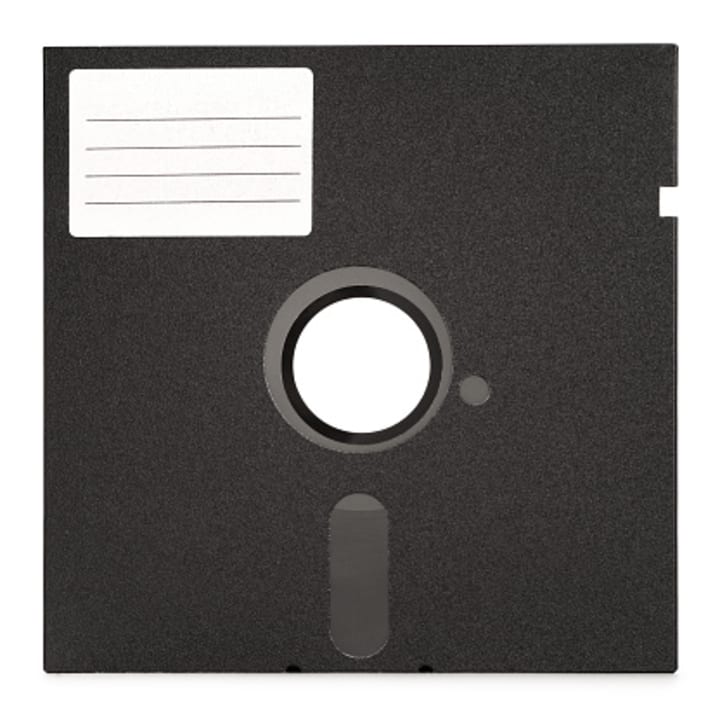15 Fun Facts about Computers
Learn interesting facts about the computers you use all the time.

Most people use computers these days to perform various tasks. Computers can store, retrieve, and process data. They can be used to type and send documents, send emails, play games, browse the world wide web, shop, pay bills, and make mobile deposits without having to go to the bank.
During the pandemic, employees used computers to work from home, and school children continued their education virtually. A computer is used in almost every area of our lives today.
Here are 15 interesting things about computers that you might not know.
1. First Computer Companies Started in a Garage
Some of the biggest and most well-known computer companies started in garages. For instance, in 1939, Bill Hewlett and Dave Packard founded HP in Packard's garage in Palo Alto, California with an initial small investment of only $538.
In 1975, Bill Gates and his friend Paul Allen started Microsoft in a small garage in Albuquerque, New Mexico. In 1976, Steve Jobs started Apple in the garage of his parents in Los Altos, California. Because Steve Wozniak loved repeating numerals and found them more convenient to enter, Apple’s first computer, the Apple I, was sold in 1976 for $666.66.
2. First Engineers of IBM's PC
In 1980, IBM chose 12 of its best engineers to design the company's first personal computer. The 12 engineers called themselves the “Dirty Dozen.” After two years, their project was complete with a smaller, less expensive, and easier-to-use device with an initial price of $1,565.
3. First 1GB Hard Disk Drive
The first gigabyte hard drive was introduced by IBM in 1980. The 3380 hard drive weighed 550 pounds and was the size of a refrigerator and cost $40,000. It was not available for at-home use. Today, a 1GB memory card is sold in sizes from 8GB to 2 TB, and the cost is as low as $10.
4. First Operating System
The most widely used computer operating system in the world was "Microsoft Windows." It was first introduced in 1985, and “Interface Manager” was considered to be its name until the marketing team convinced Bill Gates to call it “Windows.” Today, about 75% of computers use a Windows operating system.
5. First Keyboard

Those who use a keyboard on a typewriter or on a computer know that the keys aren’t arranged in alphabetical order, or in any other pattern. The design was not a mistake. The first six letters on the top row are QWERTY. The frequently used letters are spaced far apart to show the keyboard down to prevent the lever arms from becoming tangled.
TYPEWRITER is the longest word that can be typed by using the letters only on one row on the keyboard. Stewardesses’ is the longest word you can type with one hand.
If you use a computer every day for work or play, your hands are likely to travel an average of 12.6 miles per day.
6. First Computer Mouse

Can you believe the first computer mouse was made of wood? Doug Engelbart invented the first computer mouse in 1964. It was made of wood just like the first computer was made of wood.
The basic design of the mouse had perpendicular wheels mounted in a hollow wooden block with one button on top.
7. First Computer Bug
The first computer bug was an actual bug that was discovered by Harvard engineers in 1947. When their Mark II computer continued to malfunction, the engineers took some components apart, and they found a real moth. Today, "the computer bug" is not a real bug. The expression is used to describe any glitch or malfunction of any computer.
8. First Computer Virus
The world’s first computer virus in 1971 was called the "Creeper." It was not malicious. However, it was annoying. It was known as a “worm” that could self-replicate over a computer network. The Creeper caused all infected systems to display the message “I’M THE CREEPER: CATCH ME IF YOU CAN.”
MyDoom is the most expensive computer virus in history. It cost an estimated $38.5 billion in damages in January 2006. It has been the fastest-spreading virus ever.
About 6,000 new viruses are written by hackers every month. About 70% of virus engineers are said to work for organized crime syndicates. Most viruses are designed to compromise computer systems.
Millions of people use the McAfee Antivirus program to keep their computers free from viruses. It is interesting that John McAfee, the founder of the program, admitted during an interview in 2012 that he does not use his own software. He said the program was too annoying.
9. First Webcam
It is interesting to know why scientists at Cambridge University designed the first webcam and what they watched. In 1991, they found a more efficient way to watch their coffee pot. The webcam was located outside of their computer lab, and the camera was set up to focus on the coffee pot while live images of the coffee brewing were received at workers' computer stations to avoid having to make unnecessary trips to an empty coffee pot. Employees assigned to make the coffee knew when the pot was empty.
10. The First Memory Disk

The first memory disk was called a “floppy disk” because it was made to bend. IBM introduced the floppy disks in 1971. They were once a very important way to store data for computers, but they are obsolete today. They were 8 inches wide and featured a flexible plastic disk with a magnetic coating. These original disks didn’t hold very much data. The first Shugart floppy disk had a capacity of only 100 KB.
11. First Internet Search Engine
Surely Google dominates the internet today, but it was not the first search engine. The first search engine was created by Alan Emtage in the information technology department at Montreal’s McGill University in 1990. Out of frustration with a large amount of data and a slow connection, Emtage developed a way to search through files faster. He named the search engine “Archie” after the word “archive.”
12. First Message on the Internet
The first message was sent via the internet on October 29, 1969. It was sent from a computer in a lab at UCLA to the receiving computer at Stanford. The message was sent via ARPANET, a U.S. government-funded prototype of the internet.
The first message said “LOGIN,” but only the first two letters, “LO,” were actually received. Computers have come a long way since then, and messages are sent all over the world every second of every day.
13. First Computer Programmer
Ada Lovelace was the first known computer programmer. The nineteenth-century mathematician and writer lived in England. She is famous for writing the first algorithm for a machine, which also makes her the first computer programmer. Lovelace was the of the famous English poet Lord Byron.
14. When NASA Was Hacked
A teen hacked NASA's database between August 23, 1999 and October 27, 1999 that forced the operation to be shut down for 21 days and cost approximately $41,000 to fix. Jonathan Joseph James was an American hacker and the first juvenile incarcerated for cybercrime in the United States. He was only 15 years old at the time of the offense and 16 years old when he was sentenced on September 21, 2000 to seven months of house arrest and probation until he turned 18. He violated his probation and was jailed for six months. At the age of 24, he died of a self-inflicted gunshot wound on May 18, 2008.
15. Constant Use of the Computer Affects Your Eyes
When not using the computer, a person blinks up to 20 times a minute. When using a computer, people blink only seven times a minute.
About the Creator
Margaret Minnicks
Margaret Minnicks shares articles with readers all over the world. Topics include celebrities, royal family, movies, television, foods, drinks, health issues, and other interesting things. Thanks in advance for TIPS that are sent my way.






Comments (1)
Nice FYI story 😊